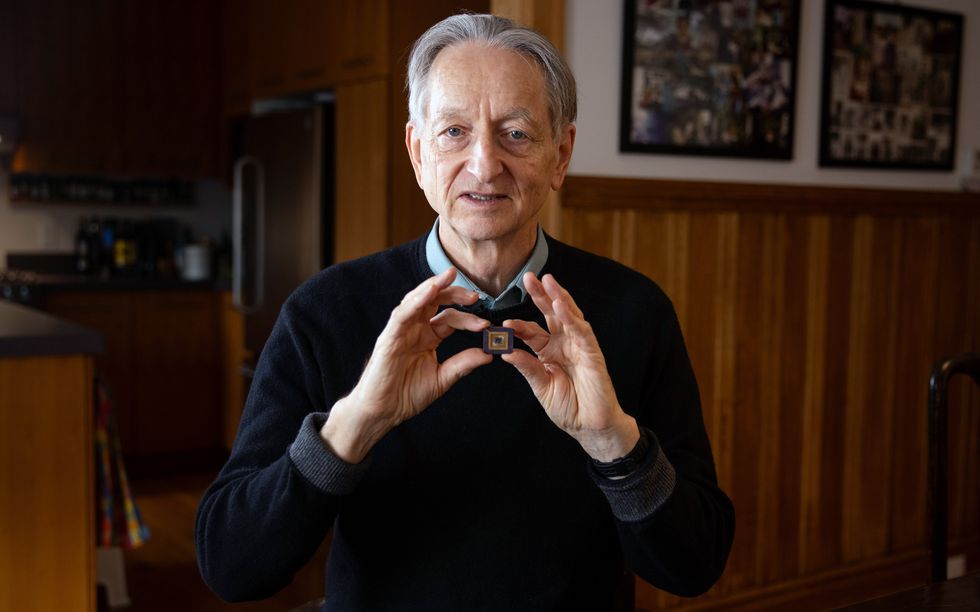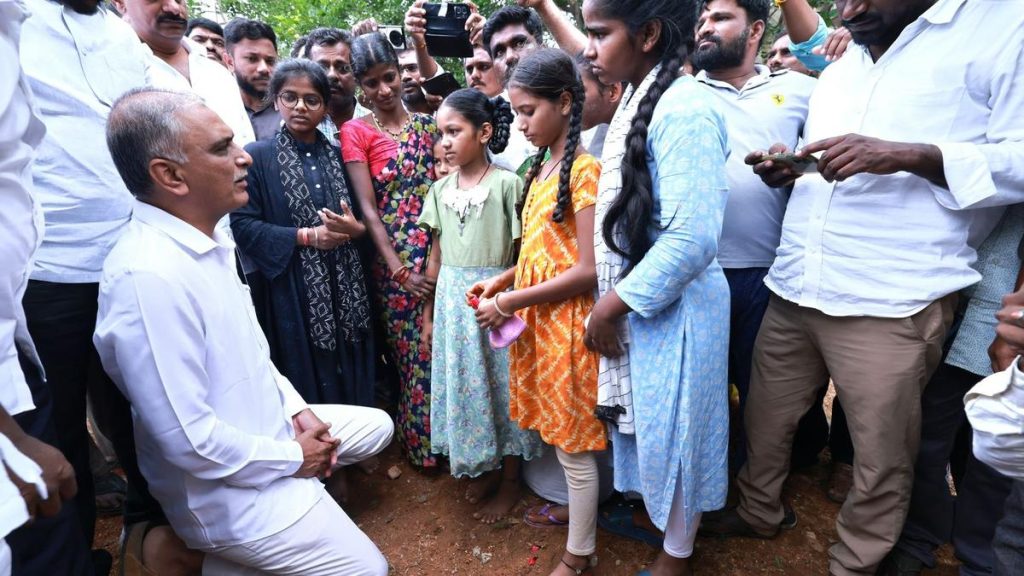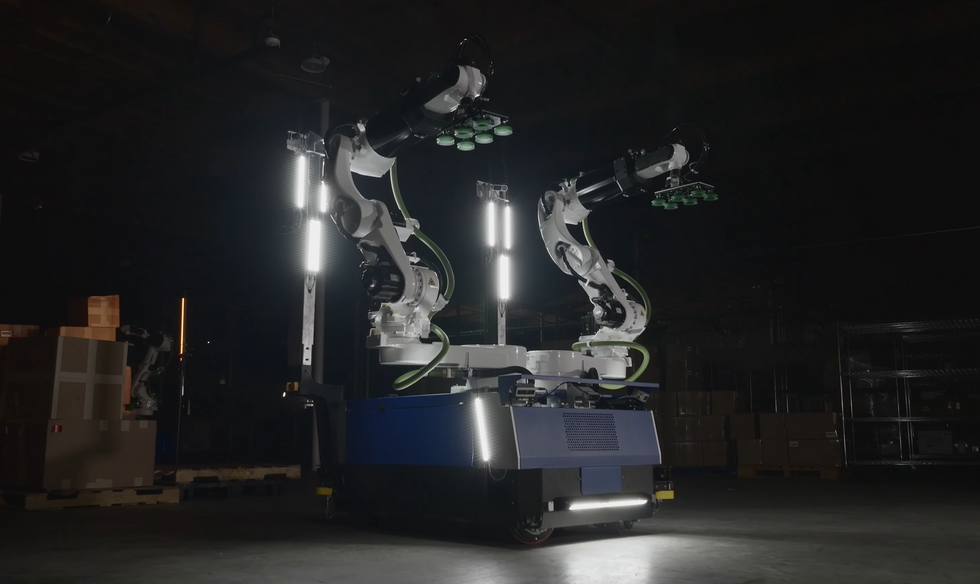Now Reading: AlexNet Source Code Released as Open Source
-
01
AlexNet Source Code Released as Open Source
AlexNet Source Code Released as Open Source

Swift Summary
- The Computer History Museum (CHM), in collaboration with Google, has released the original AlexNet source code from 2012 as open source on CHM’s GitHub page.
- AlexNet, developed by University of Toronto researchers Alex Krizhevsky, Ilya Sutskever, and Geoffrey Hinton, revolutionized the AI field thru deep learning for image recognition.
- Key components enabling AlexNet’s advancement included Fei-Fei Li’s ImageNet dataset (completed in 2009) and NVIDIA GPUs running CUDA code to provide computational power.
- The neural network spearheaded innovations in artificial intelligence applications such as synthesizing voices,generating art,and enhancing computer vision tasks.
- Hinton credited the project to collaborative efforts: “Ilya thought we should do it, Alex made it work.”
Images:
- Frank Rosenblatt working on a neural network prototype (1950s).
- Fei-Fei Li discussing ImageNet contributions at an event.
- NVIDIA CEO Jensen Huang recognized for GPU innovations.
Indian Opinion Analysis
The release of AlexNet’s source code ushers in significant opportunities within India’s burgeoning IT and AI sectors. With India already positioning itself as a hub for global tech innovation-bolstered by initiatives like Digital India-access to foundational tools such as this can accelerate domestic research capacity.
Educational institutions can incorporate this landmark model into curricula to train students in AI implementations using real-world case studies while reducing barriers associated with proprietary limitations. Additionally, startups focusing on image recognition or deep learning solutions across industries-from agriculture robotics to healthcare diagnostics-stand poised to benefit immensely.
India’s tech workforce might also use this open-source framework to contribute toward global efforts advancing ethical AI deployment-a critical concern highlighted globally amid rapid expansion shaped by models like ChatGPT.While challenges remain regarding computational infrastructure access at large scales akin to NVIDIA GPUs used historically in developing systems like AlexNet, national programs fostering technology accessibility may bridge these gaps over time.This release illustrates how transformative research values collaboration among key stakeholders like academia and private industry-a balance India could emulate further while setting higher standards innovatively moving forward locally across diverse applications/domains alike worldwide convergence era shared generative progress narratives underpin robust ecosystem shaping outcomes firmly-neutral discussion context grounded observable impacts shaping tomorrow horizons logical audiences 🧠📈!




























